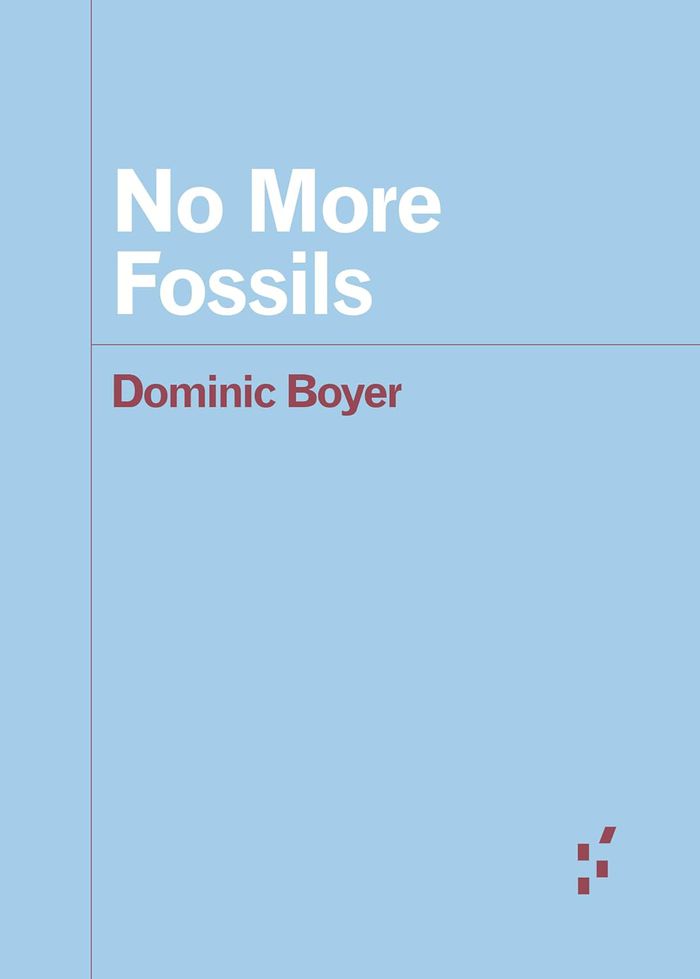No more fossils
$13.99
(available in store)
Summary:
In "No more fossils," Dominic Boyer tells the story of the rise of fossil civilization through successive phases of sucropolitics (plantation sugar), carbopolitics (industrial coal), and petropolitics (oily automobility and plasticity), showing what tethers us to the ecocidal trajectory of petroculture today and what it will take to overcome the forces that mire us in(...)
No more fossils
Actions:
Price:
$13.99
(available in store)
Summary:
In "No more fossils," Dominic Boyer tells the story of the rise of fossil civilization through successive phases of sucropolitics (plantation sugar), carbopolitics (industrial coal), and petropolitics (oily automobility and plasticity), showing what tethers us to the ecocidal trajectory of petroculture today and what it will take to overcome the forces that mire us in place. He also looks ahead toward the world that the rapid electrification of vehicles, buildings, and power is creating. What can we do to make electroculture more just and sustainable than the petroculture we are leaving behind?
Environment and environmental theory
$64.95
(available to order)
Summary:
Energy humanities is a field of scholarship that, like medical humanities and digital humanities before it, overcomes traditional boundaries between the disciplines and between academic and applied research. Like its predecessors, energy humanities highlights the essential contribution that the insights and methods of the human sciences can make to areas of study and(...)
Environment and environmental theory
February 2017
Energy humanities: an anthology
Actions:
Price:
$64.95
(available to order)
Summary:
Energy humanities is a field of scholarship that, like medical humanities and digital humanities before it, overcomes traditional boundaries between the disciplines and between academic and applied research. Like its predecessors, energy humanities highlights the essential contribution that the insights and methods of the human sciences can make to areas of study and analysis once thought best left to the natural sciences. This isn't a case of the humanities simply helping their cross-campus colleagues to learn the mechanics of communication so that they might better articulate their ideas. Rather, these fields of scholarship are ones that demonstrate how the scale and complexity of the issues being explored demand insights and approaches that transcendold school disciplinary boundaries. "Energy humanities : a reader" offers a carefully curated selection of the best and most influential work in energy humanities that has appeared over the past decade. To stay true to the diverse work that makes up this emergent field, selections range from anthropology and geography to philosophy, history, and cultural studies to recent energy-focused interventions in art and literature. The three readers all agree that this is an important, ground-breaking collection of work.
Environment and environmental theory

